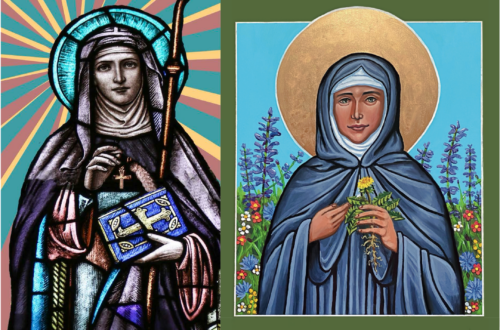Confirmation Hearing Shows Delicate Line Between Religion and Law
During a confirmation hearing, Democratic senators Dianne Feinstein and Dick Durbin included questions about judicial appointee Amy Barrett’s Catholic faith while assessing her fitness for the bench of the Seventh Circuit Court of Appeals. A prochoice Catholic, Durbin pointedly asked whether Barrett considered herself an “orthodox Catholic,” describing her prior use of this phrase as dismissive of everyday Catholics who do not adhere to the hierarchy’s every position and suggesting that such a view would have a serious impact on her judgment. Feinstein more pointedly inquired about Barrett’s ability to distinguish between the law and dogma on matters such as abortion. The US Conference of Catholic Bishops and conservative media outlets were quick to describe quick to describe the questions as examples of “anti-Catholic bigotry.” Others more thoughtfully raised the Supreme Court appointment of William Brennan and the presidential campaign of John F. Kennedy—each Catholics who were asked similar questions—to debate whether anti-Catholicism is an acceptable prejudice in politics. The confirmation questions were directly related to one of Barrett’s publications, “Catholic Judges in Capital Cases,” in which she asserts that a judge who anticipates a religious conflict with the law should withdraw from hearing a case. Despite her writings and similar commentary about judicial recusal, Barrett said during the confirmation hearing that there were no classes of cases in which faith would force her withdrawal. Writing for the LA Times, Nan Aron compared conservatives dismissing the senators’ questions as “anti-Catholic” to the use of such language to smear opponents of the appointment of socially conservative, and Catholic, William Pryor to the 11th Circuit Court of Appeals.



